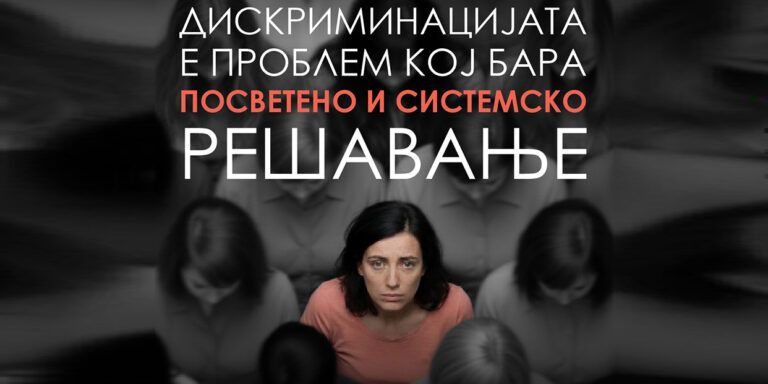Citizenship and civic responsibility are created in schools and universities
What is a citizen and where do we look for one? Are we losing our sense of citizenship, or can we lose something we never had? How can citizenship actually be consolidated? These are questions raised during the seminar “Citizenship Today: French and Macedonian Challenges” by Prof. Dr. Ilo Trajkovski, editor of the series Sociology of Citizenship – A French Trilogy. “All civic views deserve equal respect and recognition,” Trajkovski reminds us, noting that his translation of these works allows the Macedonian audience to understand the essential concepts and mechanisms of sociology in a simple and accessible way.
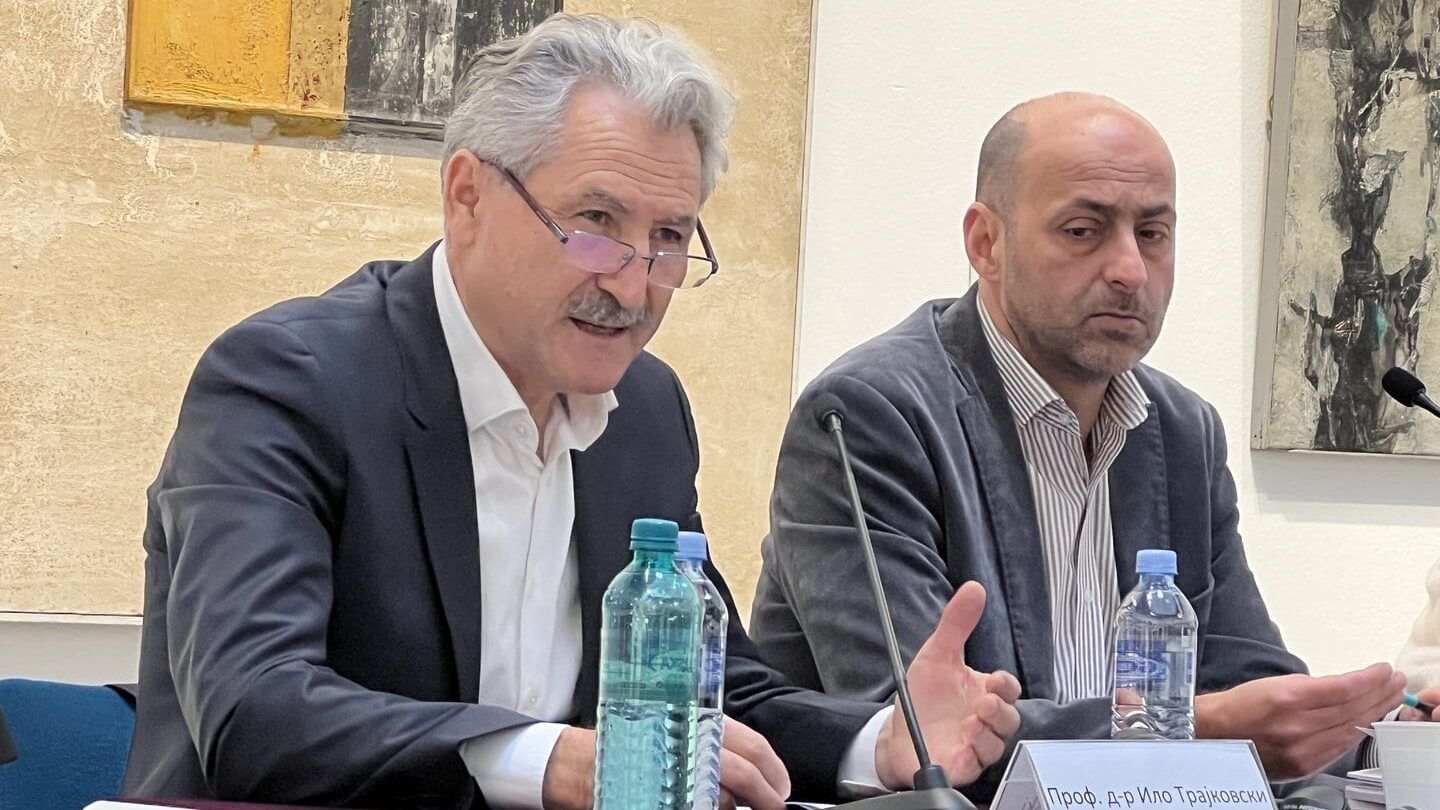
The French Ambassador to North Macedonia, H.E. Cyril Bombardier, in his greeting speech, focused on education as the place where civic consciousness can and should be built, while Prof. Dr. Ratko Dujev, Dean of the Faculty of Philosophy, reminded the audience of the role citizenship played in pacifying political habits and replacing violence with dialogue.

“Democracy ferments in civil organizations, they are the classrooms of democracy, but that is not enough. Citizens need to be more involved in public life and decision-making in our country. The problem is that we don’t read or talk enough, but these works will serve as a good push for us to unite and find more solutions for all of us,” said Prof. Dr. Gordan Georgiev.
On the challenges of institutionalized citizenship, Prof. Dr. Igor Martinas, author of Citizenship: A Social Bond in Crisis? spoke, emphasizing that there is no citizenship if society members do not have the same way of acting and the power to adapt to changes, as citizenship itself is highly dynamic. “Expertise and competence should come first. The word politician or leader should not be more important than a diploma or education,” said Prof. Dr. Gordana Siljanovska-Davkova.
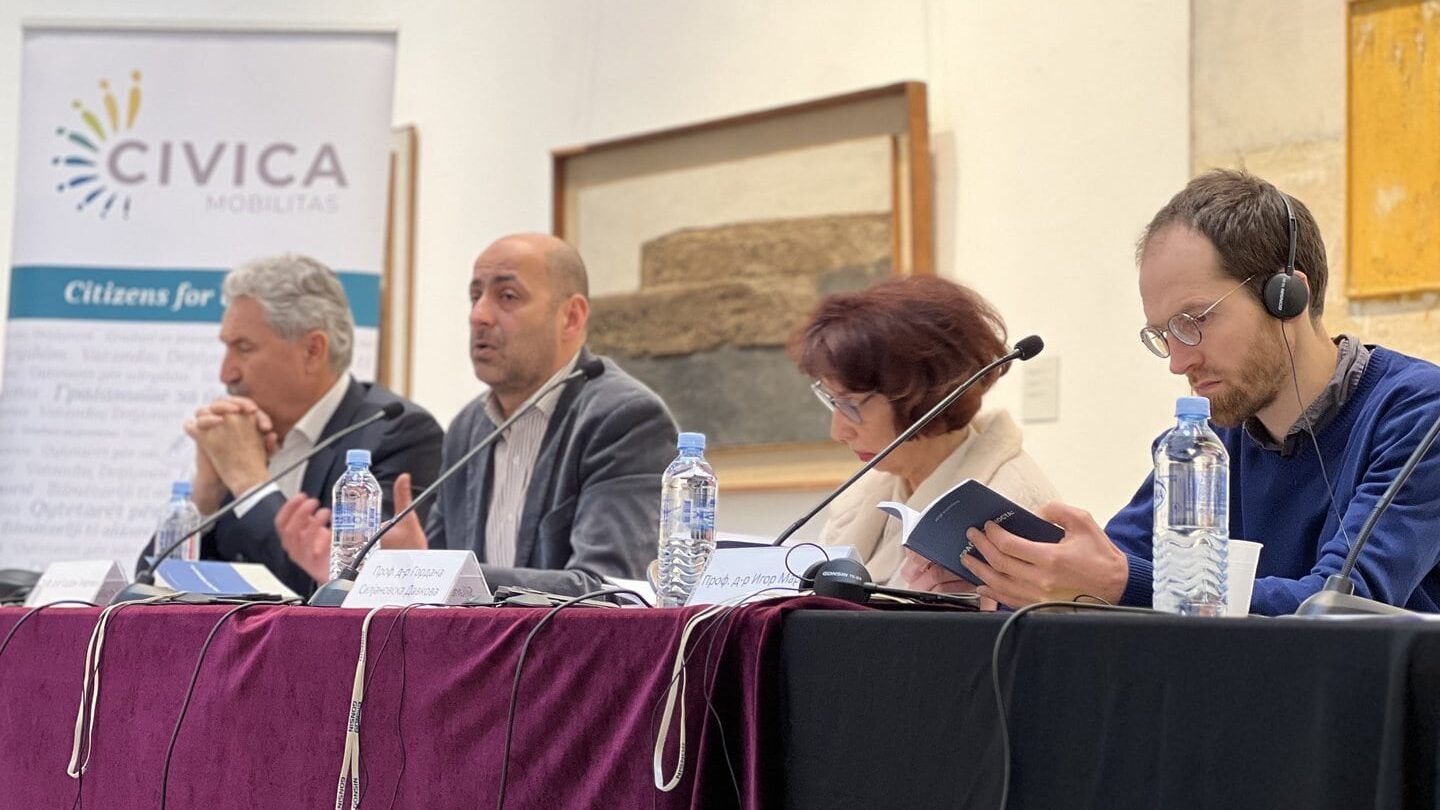
The numbers regarding the associative world in France are fascinating, with 1.5 million active associations, or one for every 43 inhabitants. In 2017, one in two French citizens were members of an association, with 22 million people volunteering, contributing work whose volume is equivalent to the working hours of approximately 1.4 million full-time employees. Overall, the associative world has a total budget of over 113 billion euros and employs 1.8 million people (about 6% of the total employed population in France). In comparison, there are around 7,000 active associations in North Macedonia, or one for every 260 inhabitants. At the end of 2021, almost every third citizen of North Macedonia was a member of an association, but only one in five is active. As for employees (both full-time and occasional), they account for about 0.7% of the total employed population in North Macedonia.

The seminar sparked a fruitful discussion among those present at the event, highlighting the need to harmonize the relationship between the individual and the collective. “For citizens, individuality is important, but the civic sector affirms the power of solidarity and unity in common civic struggles for the common good,” said Liljana Popovska from the “Green Institute” association. Education is a key aspect of citizenship. Citizens are not born; they are made in schools and universities. This is a long process that we must begin as soon as possible, agreed the professors and representatives of the civil sector present.
The publishers of the publications are the Macedonian Centre for International Cooperation (MCIC) as part of the Civica Mobilitas program and the Faculty of Philosophy at “St. Cyril and Methodius” University in Skopje.
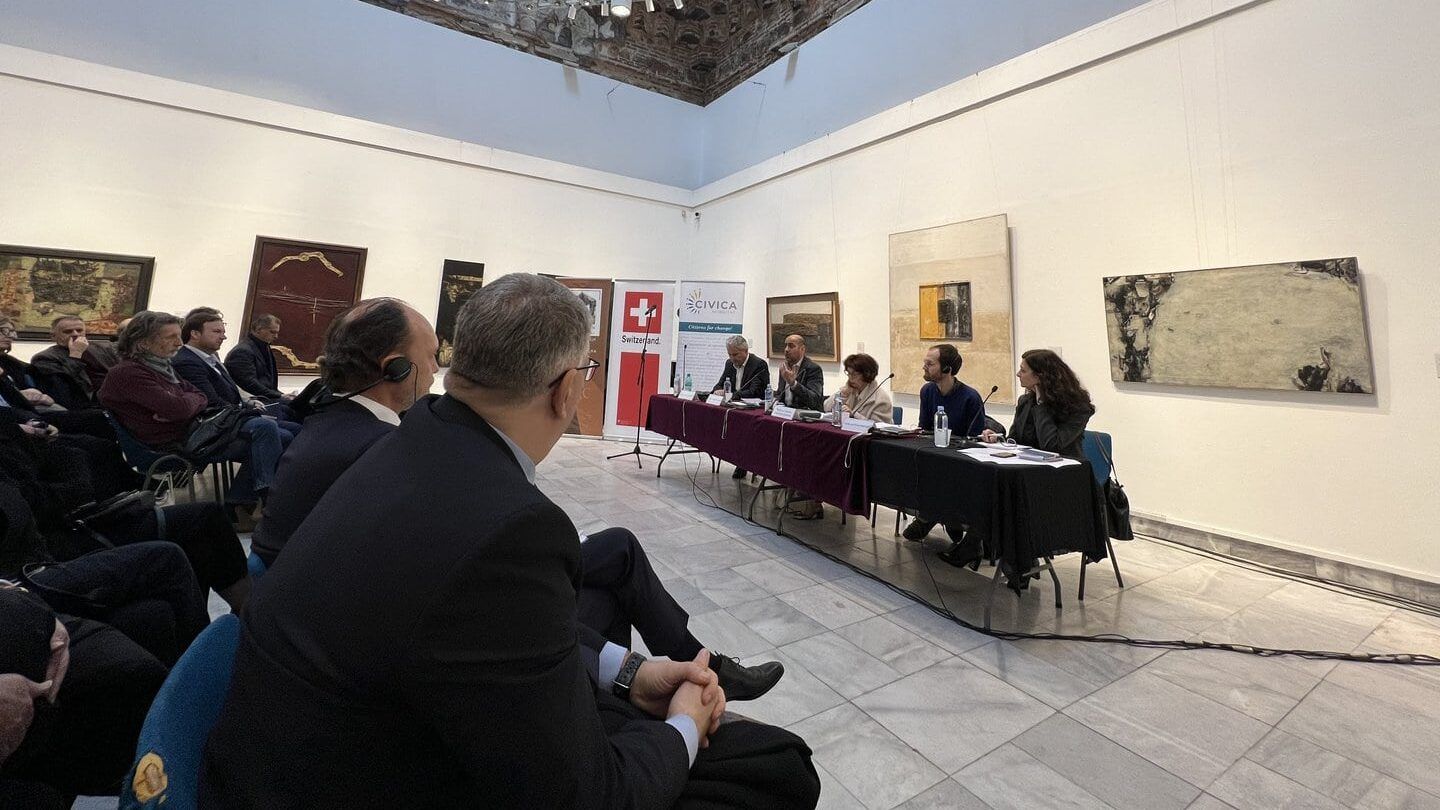


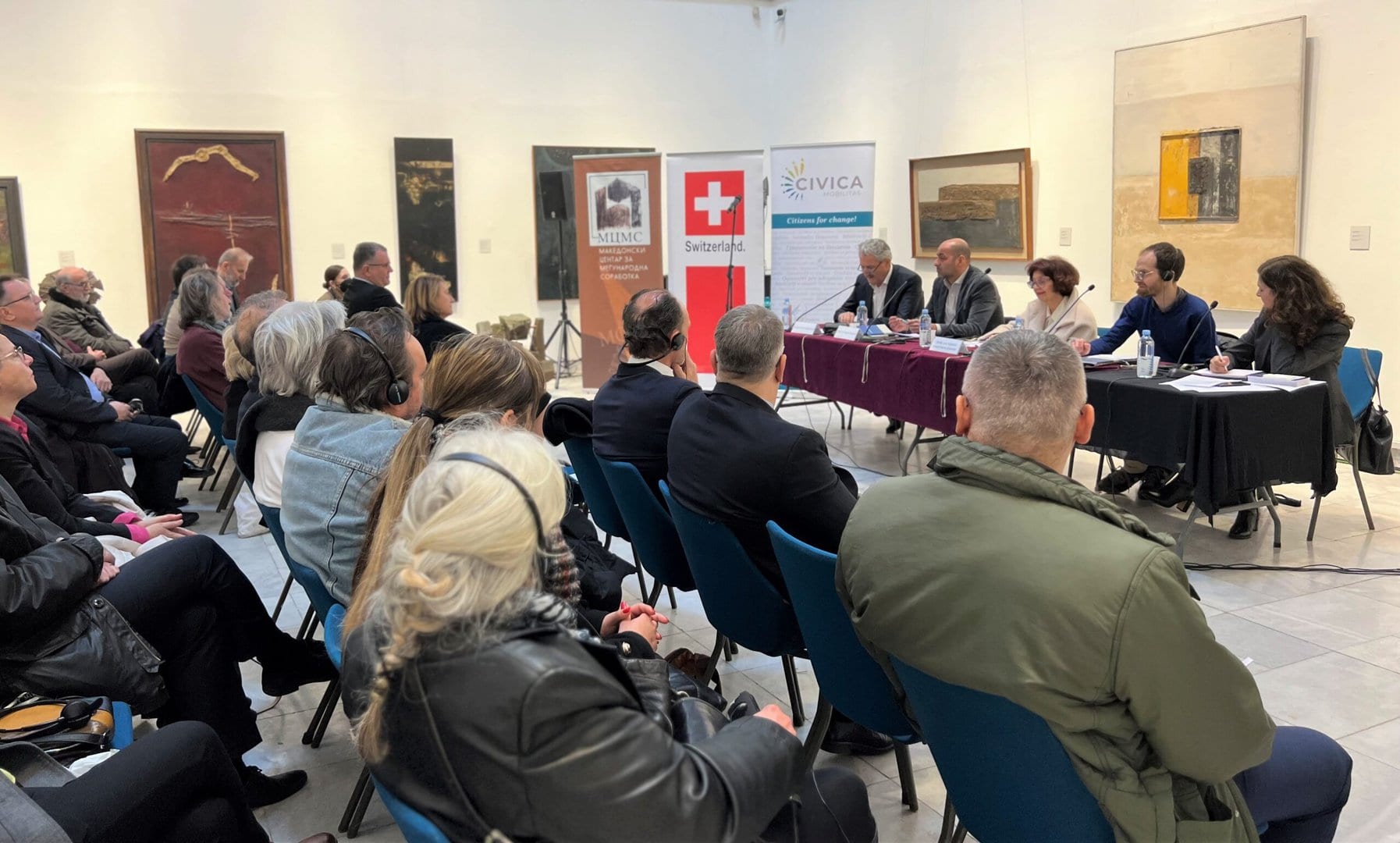

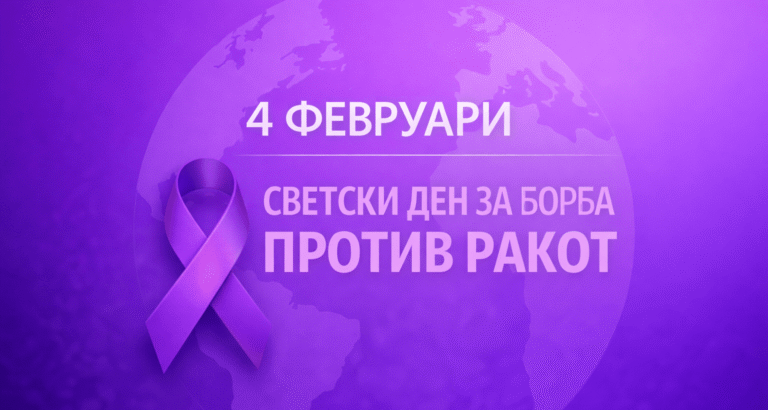

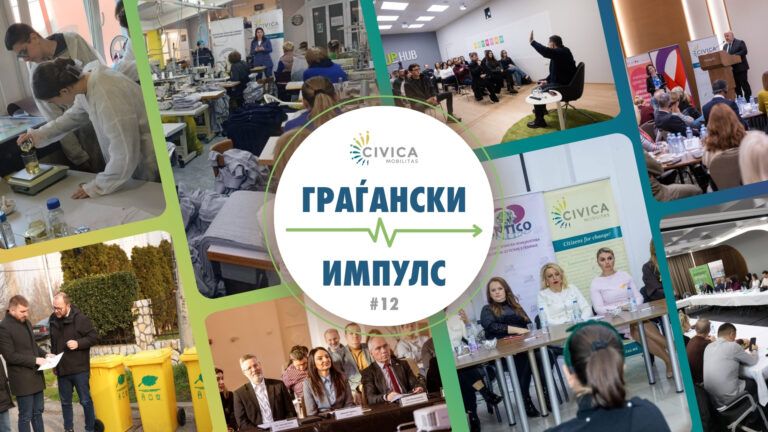
![Sre]ni praznici(2)](https://civicamobilitas.mk/wp-content/uploads/2025/12/sreni-praznici2-768x432.jpg)
